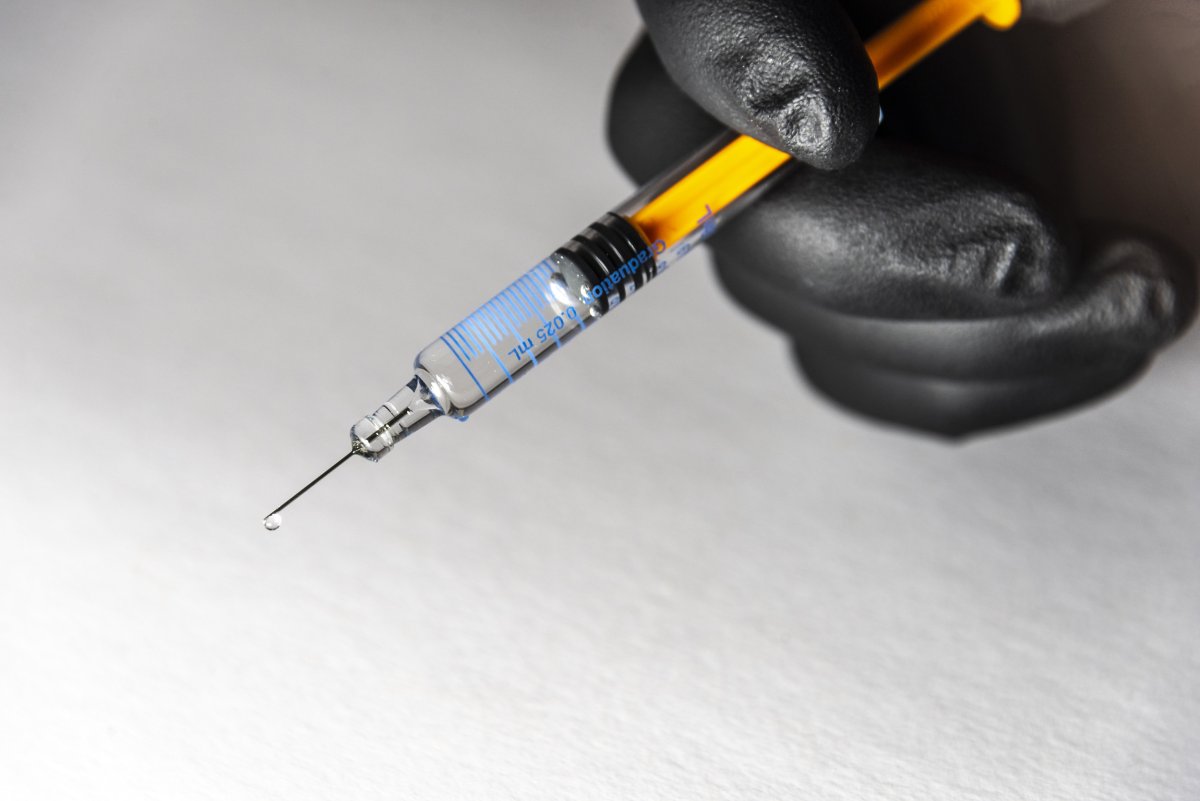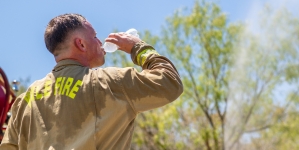-
Syringes Recalled Over Sterility Fears - February 29, 2024
-
A portion of Mulholland Drive, damaged by mudslides in winter storms, reopens - May 26, 2024
-
‘Maybe You Don’t Want to Win’ - May 26, 2024
-
Donald Trump Putting Law Enforcement in Danger: Attorney - May 26, 2024
-
Avoid the waters of these 5 L.A. County beaches this holiday weekend, public health officials say - May 26, 2024
-
Bawdy Comedy ‘Anora’ Wins Palme d’Or at Cannes Film Festival - May 26, 2024
-
Map Shows Heat Wave Zone Spread Into Five New States - May 26, 2024
-
Azusa police arrest suspected slingshot-wielding vandal - May 25, 2024
-
Donald Trump Hammers Judge Ahead of Jury Instructions - May 25, 2024
-
Sometimes U.S. and U.K. Politics Seem in Lock Step. Not This Year. - May 25, 2024
Syringes Recalled Over Sterility Fears
The number of health care firms issuing recalls of products containing pre-filled syringes over concerns of a lack of sterility has expanded.
On January 16, Georgia-based medical devices provider Avanos Medical issued a recall of its feeding tube kits that included the syringes, which are filled will sterile water. It came after Nurse Assist, a Texas-based supplier, recalled of some of its products that contain saline solution and water on November 6.
The Food and Drug Administration (FDA) announced the latest recall on February 7, after it received reports the day before of adverse health events associated with use of the Nurse Assist products. It said that so far Avanos has not been directly contacted regarding any adverse events.
The regulatory agency said the issue “may lead to non-sterile products, posing a risk of the water coming into contact with a patient’s surgical site. Any open wound exposed to non-sterile products could potentially put the patient at risk of infection.”
Newsweek approached Nurse Assist and Avanos Medical via email for comment on Thursday.

Juan Ruiz Paramo/Getty
According to the original recall, the products that may not be sterile include bottles, spray cans and syringes of different volumes which contain sodium chloride solution and sterilized water.
The items are available individually or as part of a kit, and were sold under a number of brand names. Those under the recall have expiration dates ranging from November 1, 2023 to September 18, 2025, apart from one lot which extends to September 18, 2028.
So far, six other companies including Avanos have issued recalls related to the issue.
On December 11, medical equipment manufacturer Maquet Cardiovascular recalled two types of disposable chest drains. The FDA classified it as a Class I recall—the most serious type—as “use of these devices may cause serious injuries or death.”
“The use of the affected syringe may cause serious adverse health consequences, including local infection, abscess empyema, mediastinitis, pyothorax, sepsis and death,” it explained.
A week later, ROi CPS, a Missouri-based medical supplier, issued a recall of its surgical kits that contained Nurse Assist products. It was also deemed a Class I recall.
Then, Aligned Medical Solutions, of Billings, Montana, issued a recall of four of its kits, to which bottles of Nurse Assist saline solution are attached.
Prior to that, in November, Busse Hospital Disposals initiated a nationwide recall of medical device kits containing Nurse Assist saline solution bottles, including those used for changing dressings and for tracheostomies—the insertion of a tube into the neck to open the airways.
On December 5, Cardinal Health recalled urology and operating room kits it supplies under its name and the Covidien brand name that contained sodium chloride solution and sterilized water.
For each of the individual recalls, no adverse health events have been reported by the FDA.
Uncommon Knowledge
Newsweek is committed to challenging conventional wisdom and finding connections in the search for common ground.
Newsweek is committed to challenging conventional wisdom and finding connections in the search for common ground.
Source link































